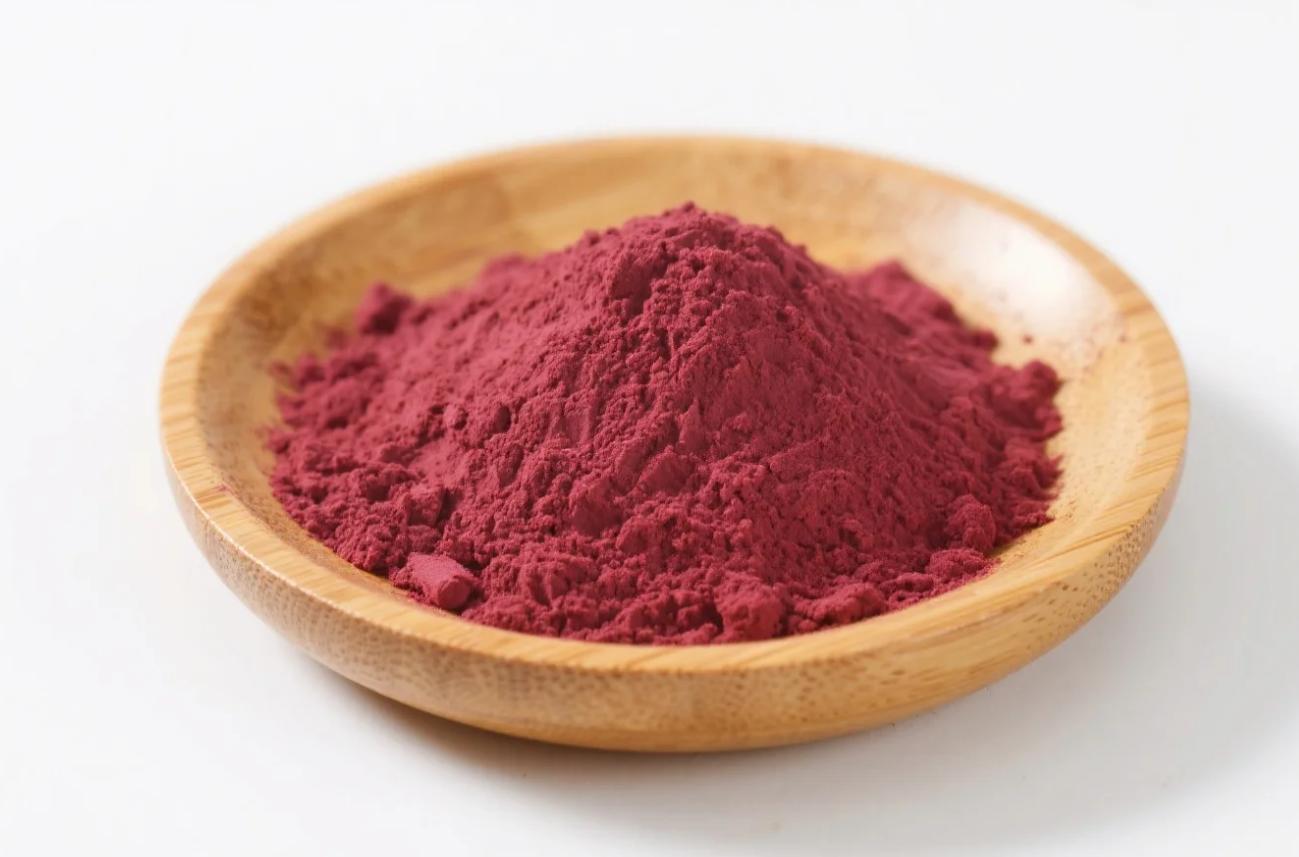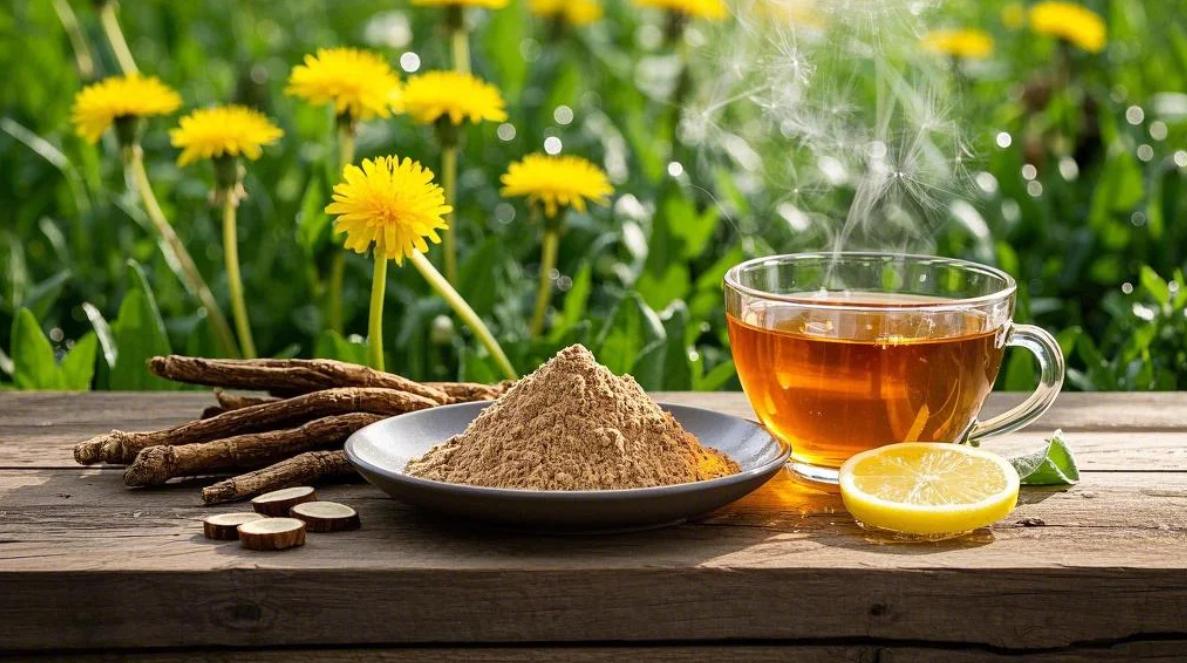Table of Contents
Organic grape seed extract powder, rich in antioxidants like OPCs (oligomeric proanthocyanidins), is celebrated for heart health, skin rejuvenation, and anti-inflammatory benefits. However, its potency means it’s not suitable for everyone. Let’s explore who should avoid it, why organic certification matters for safety, and how to use it responsibly.
7 Groups Who Should Avoid Grape Seed Extract
1. Blood Thinner Users
- Risk: Grape seed extract inhibits platelet aggregation, increasing bleeding risk when combined with:
- Warfarin, aspirin, or clopidogrel.
- NSAIDs (ibuprofen, naproxen).
- Red Flag: Bruising easily, nosebleeds, or heavy menstrual cycles.
2. Pregnant or Breastfeeding Women
- Concern: Limited safety data; OPCs may cross the placenta or affect hormone-sensitive pathways.
- Alternative: Opt for organic prenatal vitamins with folate and iron.
3. Grape/Allergy-Prone Individuals
- Triggers: Cross-reactivity in those allergic to grapes, wine, or raisins.
- Symptoms: Itching, hives, or anaphylaxis (rare).
4. Pre-Surgery Patients
- Guideline: Stop use 2 weeks before surgery to prevent excessive bleeding.
5. Autoimmune Conditions
- Risk: May overstimulate the immune system in:
- Rheumatoid arthritis, lupus, or multiple sclerosis.
6. Hormone-Sensitive Cancers
- Theoretical Risk: OPCs may weakly mimic estrogen; avoid if diagnosed with:
- Breast, ovarian, or uterine cancers.
7. Kidney Disease Patients
- Controversy: High-dose supplements may strain kidneys due to proanthocyanidin metabolites.
Organic vs. Non-Organic: Safety Differences
| Factor | Organic Grape Seed Extract Powder | Non-Organic |
|---|---|---|
| Heavy Metals | Tested for lead, cadmium, arsenic | Risk of soil contaminants |
| Pesticides | Zero residues (EU organic standards) | May contain glyphosate or fungicides |
| Additives | No flow agents or fillers | Often includes magnesium stearate |
| Allergen Cross-Contact | Processed in dedicated facilities | Risk of soy, gluten traces |
Why “Organic” Reduces Risks
Non-organic grapes rank high on the EWG’s Dirty Dozen™ due to pesticide use (e.g., chlorpyrifos, linked to neurotoxicity). Certified organic grape seed extract guarantees:
✅ No synthetic pesticides or GMOs
✅ Third-party heavy metal testing
✅ Pure OPCs (≥95%) without fillers
Safe Use Guidelines
- Consult Your Doctor: Especially if on medications or managing chronic conditions.
- Start Low: 50–100mg daily, gradually increasing to 300mg max.
- Timing: Take with food to avoid nausea.
- Choose Organic: Ensures purity and minimizes toxin exposure.
Alternatives for High-Risk Groups
- Heart Health: Organic hibiscus or beetroot powder.
- Antioxidants: Organic pomegranate or acai extract.
- Skin Support: Organic collagen peptides or astaxanthin.
FAQs
Q: Can kids take grape seed extract?
A: Not recommended under 18 due to lack of safety studies.
Q: Does it interact with antidepressants?
A: Potentially—OPCs may affect CYP450 enzymes; avoid with SSRIs like fluoxetine.
Q: Shelf life?
A: 2 years in airtight, dark containers.
Q: Safe for pets?
A: Toxic to dogs—causes vomiting or kidney damage.
The Verdict
While organic grape seed extract powder is a powerhouse for many, its blood-thinning and immune-modulating effects require caution. By respecting contraindications and choosing organic, you harness its benefits without compromising safety.
Empower Your Health, Respect Your Limits
Knowledge is the best supplement. Whether you’re sipping, blending, or encapsulating organic grape seed extract, let wisdom guide your wellness journey.
When in doubt, pause and ask. When informed, thrive boldly.
Recommended Product
Organic Beetroot Powder
Organic beetroot powder delivers intense color and nitrates for functional foods. Flakes offer crispy texture,…


